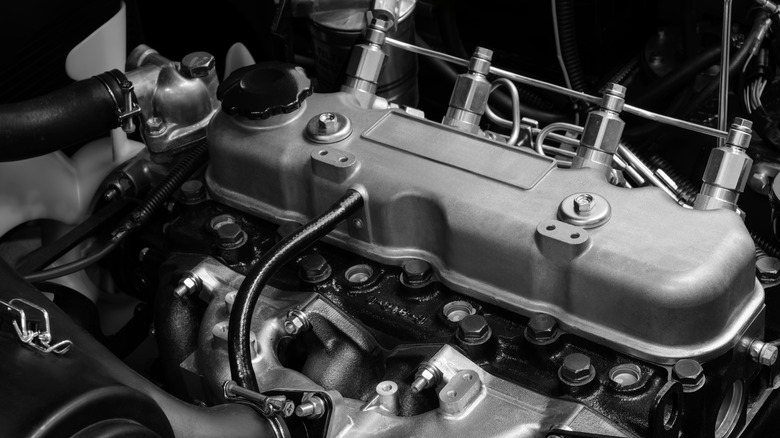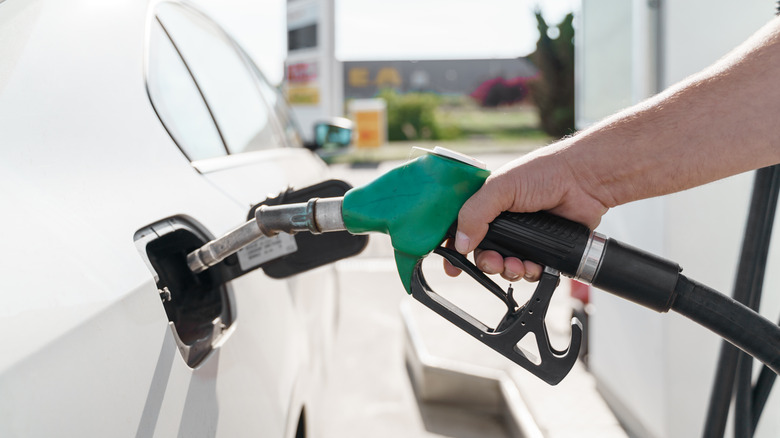Who Invented The Diesel Engine & When Was The First Patent Filed?
The automotive industry has largely depended on gasoline and diesel engines to power various vehicles for over a century. Between the two, diesel engines are more efficient due to several reasons, including construction, mechanism, and power output. Despite this, gasoline engines remain more popular than their diesel counterparts, especially in the U.S., contrary to how Franco-German engineer Rudolf Diesel, the inventor of the first diesel engine, had envisioned. When Diesel developed his engine and filed for a patent in 1892, he was optimistic about it becoming a revolutionary compression ignition engine in the industry. After the patent was published in 1893, it seemed like things were going his way.
Diesel's invention offered a different internal combustion engine, which worked by heating air through compression within a cylinder until it reached high temperatures to ignite injected fuel. The system did not need an external ignition source, so it was a more efficient alternative to the steam engines and early gasoline engines of the 19th century. Diesel designed his engine to run on coal dust and vegetable oils because he did not want to rely on large industrial fuel providers.
The prototype he unveiled in Paris used peanut oil. As he continued developing the technology, Diesel became a millionaire in his 40s. However, his success was cut short when he drowned at sea during a trip to England from Belgium in 1913. Still, his invention made a mark in the industry as it became the basis of modern day diesel engines.
The state of diesel engine vehicles
Although diesel engines proved to be more durable than gasoline engines, on top of being more efficient, the former never really surpassed the latter in terms of popularity and sales in many markets, including the U.S. In recent years, the two have also witnessed a significant market decline as electric vehicles and hybrids have begun to take center stage. Modern environmental priorities have prompted governments to reevaluate the role of diesel and gasoline engines in transportation, with a stronger emphasis on diesel engines since they are known to emit more toxic particles. As of April 2024, four car manufacturers have already stopped offering diesel engines.
In the U.K., the government has already implemented aggressive strategies to realize its large-scale clean energy goal. By 2030, the sale of all new gasoline and diesel cars will be prohibited in the country. By 2035, every new car and van sold must be zero emission. Beyond reducing carbon emissions and dependence on imported oil, the U.K. government seeks to become the global leader in the implementation of clean vehicle technologies. As for the U.S., it has yet to fully commit to the global clean energy initiative presented as part of the Paris Agreement goals.
Certain sectors in the country, such as long-haul trucking, military, construction, and agriculture, still depend on diesel engines for their operations. However, states like California are pushing for a 75% zero-emission sales mix for commercial vehicles by 2035. The Golden State is also looking to ban the sale of diesel trucks in 2036.

